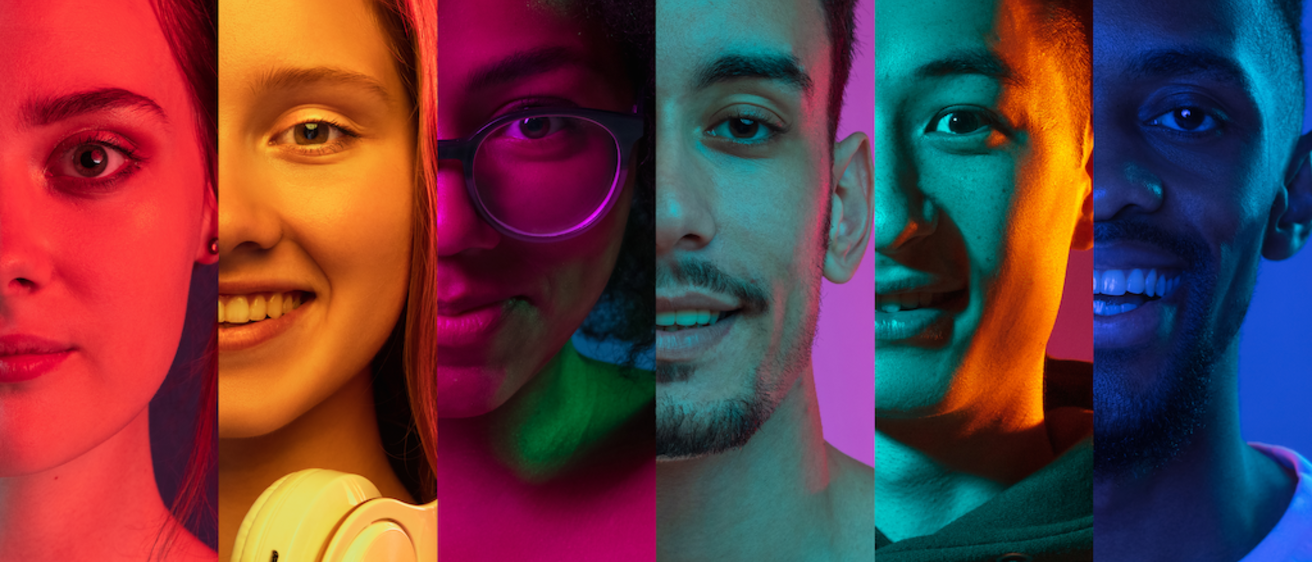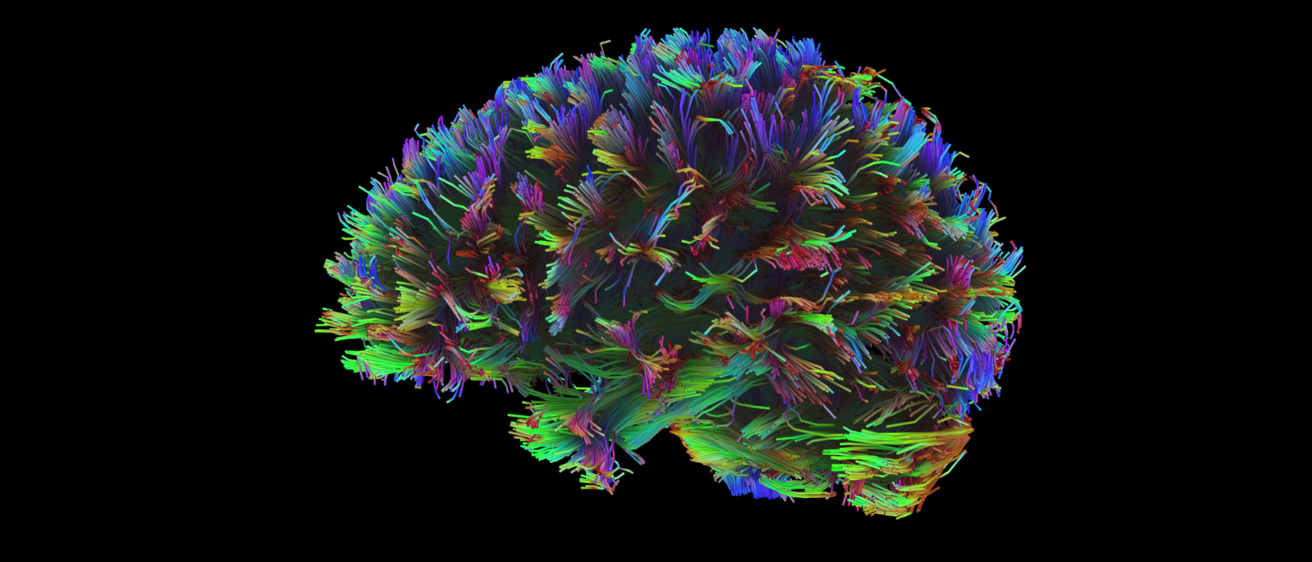Research Highlights
- This research is helping us answer some important questions about how the human brain develops and functions, while also helping us better understand the needs and challenges related to mental health and how to best cultivate strengths.
- We want everyone to participate, especially if you have a diagnosis related to mental health.
- Both talent and mental illness are known to run in families. Because of this, we’re eager to have your family members participate as well.
- To help us understand how genes play a role in mental illness, talents, and abilities, we will ask you to contribute your DNA (e.g. a saliva sample).
- Depending on the results of your participation, you may be invited to participate in an MRI scan. This will help us learn more about how brain structure and function contribute to mental health and cognitive ability. If the scan is successful, we will make a 3D print of your brain as a token of our gratitude for your participation.
What's Involved
You and your family can join our study today:
- Step 1: Register by clicking the “Enroll Now” button on this page
- Step 2: Share your unique perspective on your mental health, personality, and activities through online surveys
- Step 3: Give a DNA sample (e.g. saliva sample). We’ll send you a kit in the mail.
- Additional steps (optional): Complete an interview and some assessments and games. You may also be asked to participate in an IQ test and an MRI session (brain scan). These additional steps bring additional compensation (e.g. gift cards, payment by check, etc.).
Compensation
- A small prize (<$5) for doing a 10-minute language task during in-person events
- $20 e-gift card for completing online surveys and returning a completed DNA kit
- $20 e-gift card for participating in the CogAT (Cognitive Abilities Test)
- $50 e-gift card for participating in a data collection session at the Michaelson lab + an IQ test
- $95 check for participating in an MRI scan (and potentially, a 3D printed model of your brain)
Join Today!
To participate in the study, please click the “Enroll Now” button to learn more and provide consent, after which you will be able to access our online surveys.
Your Privacy is Important to Us
- An independent ethics panel supervises all aspects of our research
- Identifiable information is replaced with a code, and only qualified researchers will be able to access any de-identified information
- Personal information is stored in a secure, encrypted, password- protected database and will never be shared with third parties
- We will never publish research or media articles that identify anyone without that person’s expressed permission
Questions
If you have additional questions, please contact our team at michaelson-lab@uiowa.edu or (319) 335-8882. We’re happy to help!
Individuals with disabilities are encouraged to attend all University of Iowa- sponsored events. If you are a person with a disability who requires an accommodation in order to participate in this program, please contact a research team member of the Michaelson lab at the UI Carver College of Medicine in advance at (319) 335-8882 or michaelson-lab@uiowa.edu.

